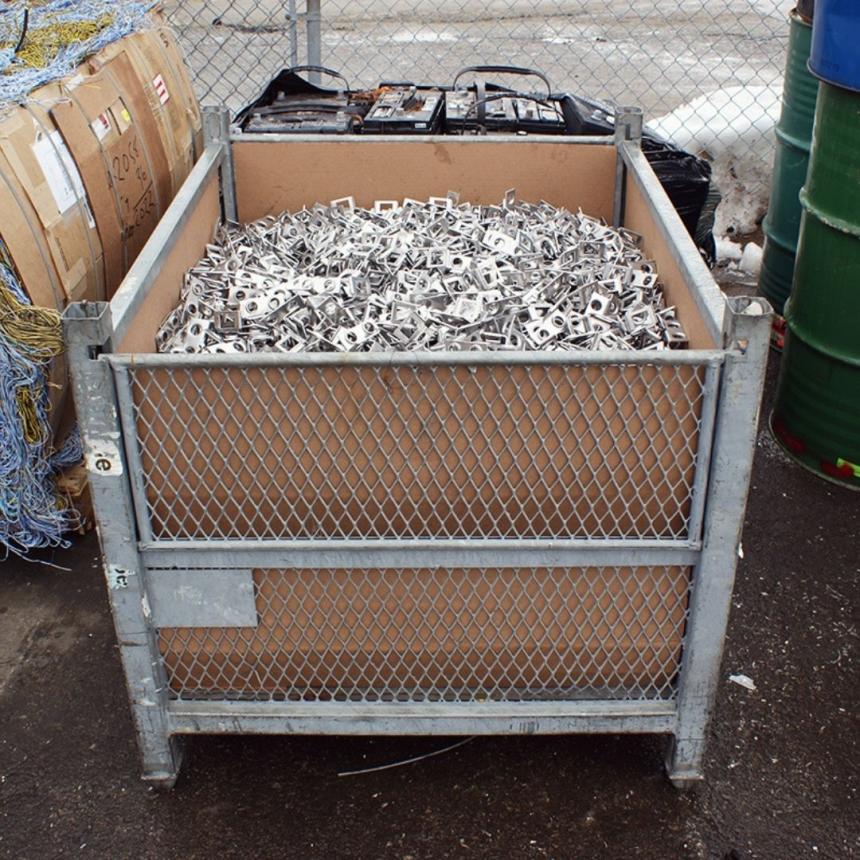Many have argued that the low recycling rate of obsolete titanium scrap indicates a social and technical system that is not balanced. This means that the industry dependant on titanium depends more on energy-intensive primary production rather than on the more environmentally benign process of recycling. The low reported quantity of recycled scrap may be due to the newness of the metal or because of external factors that both producers and recyclers ignore, such as pollution.
Let’s learn more about the reality of the recycling rate of titanium scrap
As compared to the current level of consumption of titanium, the recycling rate of this metal’s scrap is estimated at a maximum of about 400 tonnes annually, which is very low. This is a disturbing fact because titanium is a strategic metal for many reasons. For one, it is a critical raw material input in plenty of sophisticated aerospace applications. Secondly, there is no short-term substitute for this element. And thirdly, there is a high reliance on imports for this raw material.
Recycling titanium scrap has been considered an internal flywheel in the materials system which can significantly reduce the heavy dependence on imports. Since titanium has been a preferred metal for stockpiles, underestimating the actual amount of this metal being recycled may result in a costly stockpile. It costs more than ten thousand dollars to acquire a tonne of titanium, and so ensuring an optimal level of recycling is very important. It has crucial policy implications apart from the environmental disruption it creates on primary (fresh production) and secondary (recycling) sources of titanium.
On a positive note, studies have revealed that the quantities of titanium scrap being recycled may actually be greater than what is being reported. This information is critical for both, the industry and the policymakers in order to guide their decisions that can potentially influence how the metal scrap is being collected, processed, and recycled.
If you are looking for a knowledgeable partner, Alnor Industries has decades of experience serving a variety of industries. Contact us today to learn about the full range of materials we manufacture and recycle.



